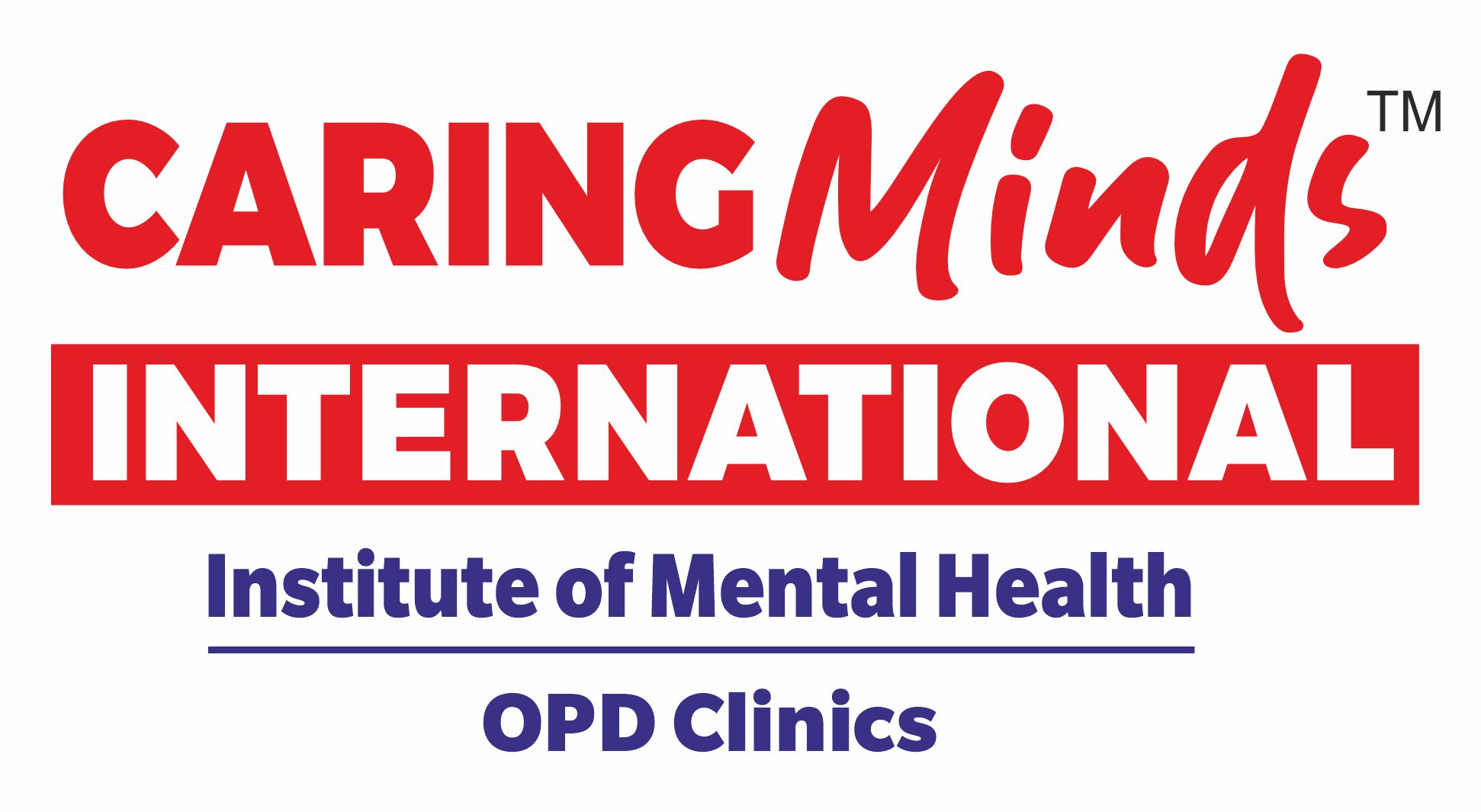Anger is a fundamental emotion that everyone experiences from time to time. Anger affects your mental and physical health, and may interfere with one’s interpersonal relationships. Learning to recognize and express anger appropriately can make a big difference in your life. Techniques of anger management can help avoid destructive behaviour, communicate with others effectively, solve problems and reach your goals. The goal of anger management is to reduce both your emotional feelings and the physiological arousal that anger causes. You can’t get rid of, or avoid, the things or the people that enrage you, nor can you change them, but you can learn to control your reactions. Anger management begins with understanding the causes and signs of anger, and teaches you ways of monitoring yourself in such circumstances that prevent an anger outburst. Our psychologists and clinical psychologists will help you find out what it is that triggers your anger, and then to develop strategies to keep those triggers from tipping you over the edge.
Anger Management Techniques











